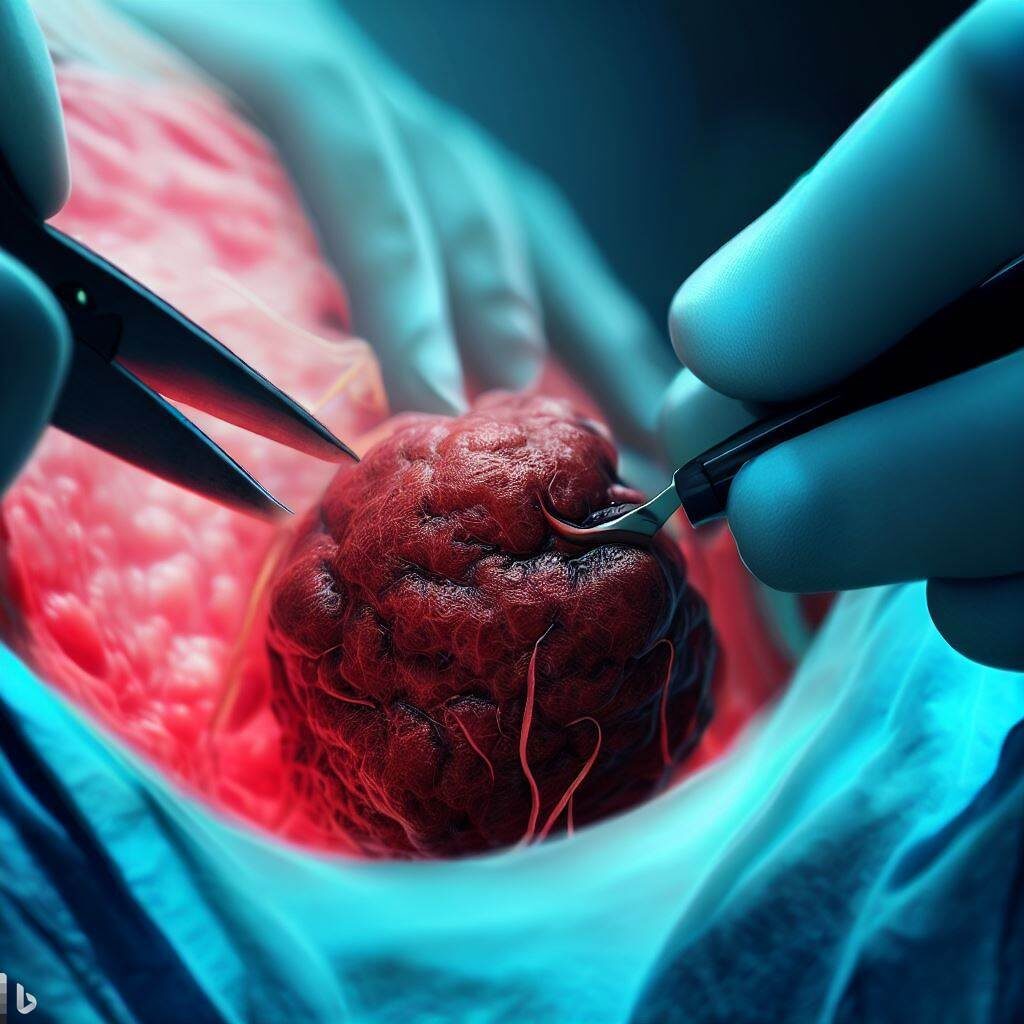Prostate cancer treatment is a prevalent form of cancer that affects men worldwide. When diagnosed with prostate cancer, understanding the available treatment options is crucial for making informed decisions about your health. This article explores three primary treatment approaches for prostate cancer: surgery, radiation therapy, and hormone therapy. We will delve into the benefits, risks, and effectiveness of each treatment modality, empowering you with knowledge to navigate your prostate cancer treatment journey.
Undergoing surgery is a common treatment option for prostate cancer, especially when the cancer is localized and has not spread beyond the prostate gland. Here are some key points to consider:
Radical Prostatectomy
This surgical procedure involves the complete removal of the prostate gland and surrounding tissues. It can be performed using various techniques, including open surgery, laparoscopic surgery, and robot-assisted surgery. The goal is to eliminate the cancerous tissue while preserving urinary continence and sexual function.
Risks and Side Effects Of Prostate cancer treatment
Like any surgical procedure, radical prostatectomy carries certain risks, such as bleeding, infection, and anesthesia-related complications. It’s important to discuss these risks with your surgeon. Additionally, potential side effects may include urinary incontinence and erectile dysfunction. However, advancements in surgical techniques have reduced the likelihood and severity of these side effects.
Radiation Therapy for Prostate Cancer Treatment
Radiation therapy utilizes high-energy beams to target and destroy cancer cells. It is an effective treatment option, particularly for localized prostate cancer. Here are some important considerations:
External Beam Radiation Therapy (EBRT):
This non-invasive procedure delivers radiation to the prostate gland from outside the body using a machine called a linear accelerator. The tProstate cancer treatment is typically spread out over several weeks, with each session lasting a few minutes. The goal is to precisely target the cancer cells while minimizing damage to surrounding healthy tissues.
Brachytherapy:
This Prostate cancer treatment involves the placement of tiny radioactive seeds directly into the prostate gland. These seeds release radiation over time, effectively treating the cancer from within. Brachytherapy is a minimally invasive procedure that offers convenience and reduced treatment duration compared to external beam radiation therapy.
Risks and Side Effects:
Prostate cancer treatment using radiation therapy may cause short-term side effects such as fatigue, urinary problems, and bowel disturbances. These side effects usually subside after the completion of treatment. In rare cases, long-term side effects such as erectile dysfunction and bladder or rectal complications may occur. However, advancements in radiation therapy techniques have significantly reduced the incidence of these side effects.
Hormone Therapy for Prostate Cancer
Hormone therapy, also known as androgen deprivation therapy (ADT), is often used in combination with other treatments or as a palliative measure for advanced or recurrent prostate cancer. Here’s what you need to know:
Purpose and Effectiveness:
Prostate cancer cells rely on androgens (male hormones) to grow and divide. By lowering androgen levels, hormone therapy aims to slow down or halt cancer growth. It can be administered through medications or by surgically removing the testicles (orchiectomy) to reduce androgen production.
Types of Hormone Therapy:
Medications called luteinizing hormone-releasing hormone (LHRH) agonists or anti-androgens are commonly used for hormone therapy. LHRH agonists work by reducing the production of testosterone, while anti-androgens block the action of androgens on cancer cells.
Side Effects and Considerations:
Hormone therapy may lead to side effects such as hot flashes, decreased libido, weight gain, and fatigue. These side effects are typically manageable and can be discussed with your healthcare provider. Long-term use of hormone therapy may increase the risk of osteoporosis and cardiovascular problems. It’s important to weigh the potential benefits and risks of hormone therapy with your healthcare team.
Conclusion:
Prostate cancer treatment requires a comprehensive and individualized approach. Surgery, radiation therapy, and hormone therapy are important treatment options for prostate cancer. Each option has its own benefits, risks, and potential side effects. Consultation with a healthcare professional specializing in prostate cancer is essential to determine the most suitable treatment plan based on your specific case. Early detection and timely intervention greatly improve the chances of successful prostate cancer treatment.
FAQs : Prostate Cancer Surgery
What are the risk factors for prostate cancer?
Several factors can increase the risk of developing prostate cancer, including age (typically occurring in older men), family history of prostate cancer, certain inherited gene mutations, and race (being of African descent).
Can lifestyle choices help prevent prostate cancer?
While there is no guaranteed way to prevent prostate cancer, certain lifestyle choices may lower the risk. These include maintaining a healthy weight, engaging in regular physical activity, eating a balanced diet rich in fruits and vegetables, and limiting the consumption of red and processed meats.
How often should I undergo prostate cancer screenings?
Screening recommendations for prostate cancer vary based on individual risk factors. Generally, discussions regarding screening should start at age 50 for most men, or earlier (around age 45) for those at higher risk. It’s important to consult with your healthcare provider to determine the appropriate screening schedule for you.
What is the prognosis for prostate cancer?
The prognosis for prostate cancer varies depending on several factors, including the stage and grade of the cancer, age, overall health, and response to treatment. Early-stage prostate cancer detected and treated promptly often has a favorable prognosis with a high chance of long-term survival. However, advanced-stage or metastatic prostate cancer may have a more guarded prognosis.

